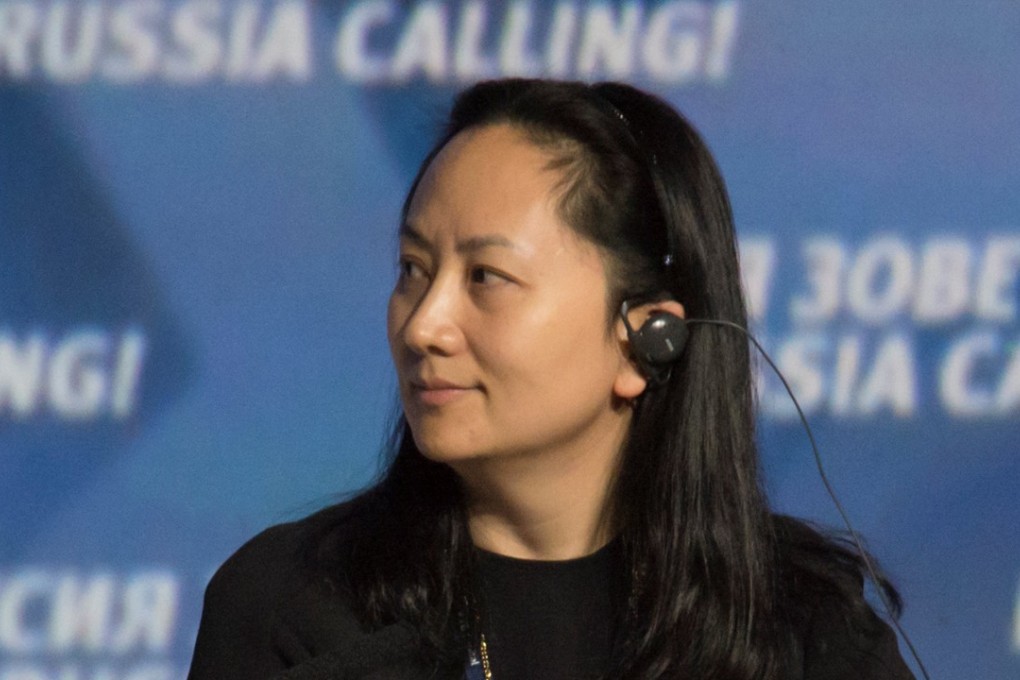Abacus | Don’t ask why US acted against China’s Huawei. Ask: why now?
- The arrest of the telecoms giant’s CFO, Meng Wanzhou, is a rude shock to those who thought the economic cold war might be ending
- The US says Huawei has breached its restrictions on business with Iran – but could Meng also have breached UN sanctions?

Incidentally, “emerged” is the right word. Meng Wanzhou was actually detained the previous Saturday, just as Trump and Xi prepared to meet in Buenos Aires. Apparently Meng’s legal team had sought a news blackout, presumably as Beijing attempted to pull strings in Ottawa and Washington to get her released.
When news of the arrest did leak out, it triggered outrage among the Chinese. China’s embassy in Ottawa denounced Meng’s detention, which it said “strongly harmed the human rights of the victim” and pledged to take “all measures to resolutely protect the legitimate rights and interests of Chinese citizens”.
The shocked tone rings false. If China’s ambassador to Canada was really so sure Meng’s arrest was wrong, he could have filed a writ of habeas corpus to have her brought immediately before a court to determine the lawfulness of her detention. He did not.
There are several possible reasons for this. It is just about conceivable the ambassador might not be familiar with habeas corpus. There is no such right in China. Or maybe it was deemed too embarrassing for the Chinese government to invoke the laws of another country to free Meng, when it affords its own citizens no similar protection against arbitrary arrest.
